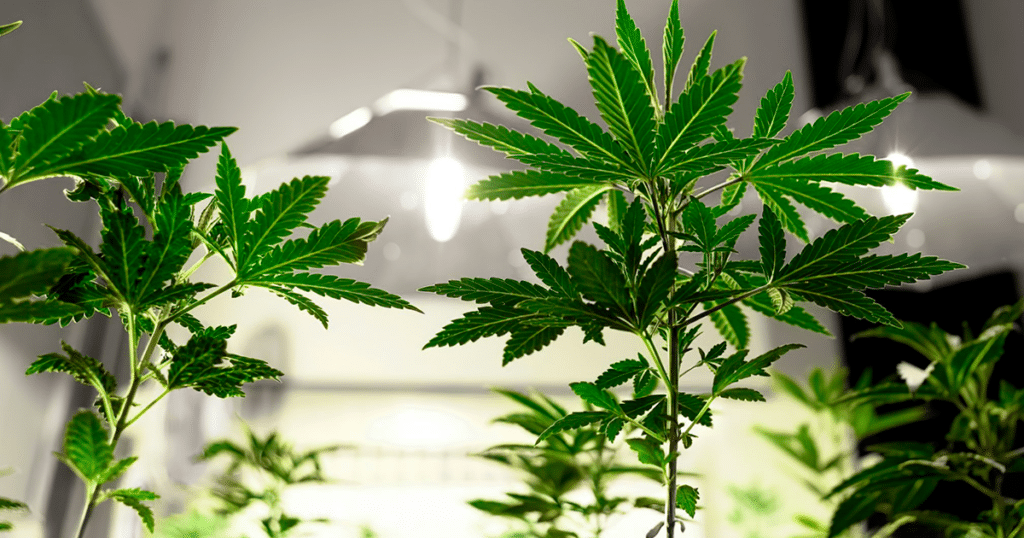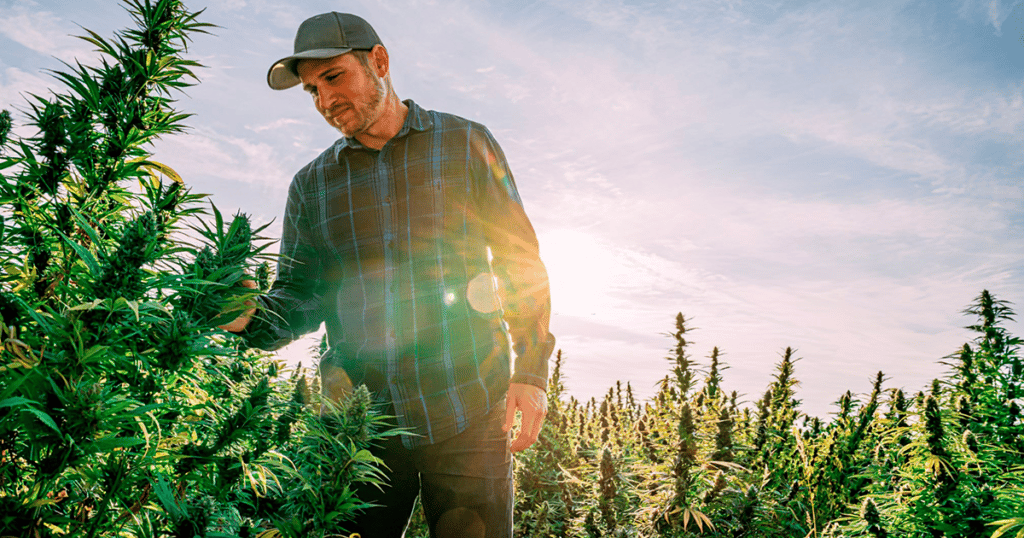Countries around the world are experiencing summers with record highs. In California, this meant rolling blackouts and up to 110-degree weather, which is undoubtedly a headache for many of the State’s inhabitants. The end of another hard summer for California’s cannabis industry was marked by a heat wave that persisted over two weeks and caused rolling brownouts. This is yet another thing that operators need to plan for in the future, as failing to do so could derail an entire year’s worth of plans in an instant, and could even spell the end of small operators.
A Summer To Remember
According to data from NASA and the National Oceanic and Atmospheric Administration, Summer 2022 has been a season defined once again by epic heat waves, severe drought, and torrential rains and now ranks among the hottest on record.
In response to what some climate scientists believe will be the hottest September to date in California, with temperatures hitting 110 degrees inland and the high 90s around the coast, some cannabis entrepreneurs encountered power outages and other everyday inconveniences. Others postponed harvesting and spaced out their shifts.
Even more unusually, the State’s Department of Cannabis Control asked licensed cannabis businesses to turn off lights and main power sources voluntarily and use backup generators in response to the high heat advisories.
Why The Outages?
San Diego County-based Tradecraft Farms took safeguards at its downtown Los Angeles greenhouse as brownouts reduced lights for more than a week, cutting power consumption and bringing in generators to handle the load, an unanticipated monthly expense expected to surpass $30,000.
The business’ greenhouse is located in a densely populated area of other cannabis farmers in the Arts District of Los Angeles, among dozens of nearby warehouses. Some, but not the majority, have licences. Barry Walker, CEO of Tradecraft Farms, said while licensed operators ensure that they’re not overheating the system, the black market doesn’t have such qualms. Because the city has not enforced its prohibition against unauthorized illicit market cultivation, transformers are overtaxed.
To safeguard temperature-sensitive extraction equipment and preserve product quality requirements, Jetty Extracts momentarily halted production at its Oakland manufacturing facility. Fresh, frozen cannabis is used in their live resin and solventless extraction method. This increases the demand for its freezer units to maintain the coldness of the items, which raises the danger of rolling power outages.
According to Chief Product Officer Nate Ferguson, Jetty created backup plans for emergency generators to prepare for this scenario. “Our planning around capital expenditures has been significantly impacted by the increased length and intensity of heat waves in California,” he said.
As the state power grid teetered on collapse, the situation became so critical that California officials issued flex alerts for three consecutive days to save energy, triggering warnings to businesses and people that electricity may be cut at any time.
Problems For Growers
Many of the cannabis plants at Daydream Valley Farm’s 10,000-square-foot operation in Willits weren’t adversely harmed, but their prolonged heat exposure will add to the workload of the company’s small, already overworked producers in Mendocino County.
Mark Shaffer claimed that they’ve “managed to salvage better than 80% to 90% to still be a very high-quality product.” However, they’ll still need work. “As harvest draws near, that’s when we really need to be hypervigilant about giving the plants the care they need to finish strong,” the grower said.
Mendocino County saw a week of extremely high temperatures that were more than 20 degrees above average. Willits City Hall acted as a cooling facility for four days. According to the National Oceanic and Atmospheric Administration, Ukiah, located about 20 miles to the south, reached a record-breaking 117 degrees, one of more than 1,000 heat records in the West.
Additionally, That Good Good Farm has been running off-grid in Mendocino County’s Anderson Valley for more than ten years, relying on solar and battery electricity. Before the temperature rose over 110 degrees, workers covered the 10,000-square-foot outdoor grow area with shade cloths and spot-watered the plants to save water.
The owner of That Good Good Farm, Tamara Kislak, postponed harvesting for a few days since the scorching temperatures strained the crops and made labor hazardous. Her decision to restrict outdoor growing was already influenced by market forces and the potential for water shortages due to California’s megadrought.

Adapt And Survive
For California’s cannabis industry, heat waves, energy conservation efforts, and power grid issues are merely more obtrusive reminders of the ongoing difficulties they have grown accustomed to facing in the legal cannabis market.
Nabis, one of the biggest cannabis distributors in the State, requested advance notice from its 200 partners if their products required any specific handling, storage, or temperature conditions.
The storage facilities of the San Francisco-based corporation are automated to maintain temperatures below 70 degrees; two of them include frozen storage rooms. During the heat wave, Nabis’ fleet of delivery vehicles began their rounds early in the morning, particularly for inland locations.
Every month, Nabis sends roughly 2 million items and manages about 25,000 different orders. The vertically integrated corporation with its headquarters in Long Beach uses pad walls, which function as swamp coolers, to maintain a constant temperature in its “positive pressure” greenhouses.
An on-site well, water treatment facilities and natural-gas cogeneration capable of providing power, heat, and carbon dioxide are all elements of Glass House’s sizable Ventura operation, which was acquired last year for $93 million in cash and additional stock.
The tiny staff of farmers at Tradecraft Farm in Lancaster labored in staggered shifts beginning at 4 a.m. to provide shade for some plants that were close to harvest from the sweltering midday sun.
The director of genetics at Tradecraft, Sean Curtis, remarked that they are “used to high temperatures out there.” There isn’t much cannabis companies can do besides adapt and ensure they have processes in place to continue working through the heat.

Enjoyed that first hit? Come chill with us every week at the Friday Sesh for a freshly packed bowl of the week’s best cannabis news!
- Maryland Leads the Way in Cannabis Pardons, Setting an Example for Much-Needed Cannabis Reform
- Military Construction and Veterans Affairs Bill Amendments Could Change Medical Marijuana and MDMA-Assisted Therapy Options for Veterans
- Thailand’s U-Turn on Recreational Cannabis Use
- Chicago Police Department Revises Policy on Searches Based Solely on Marijuana Odor
- Ohio’s Senate Bill 56 Postponed, Leaving Details of Issue 2 Still Unresolved
- Sports Stars and Well Known Entertainers Join Forces Calling on Trump for Cannabis Reform














